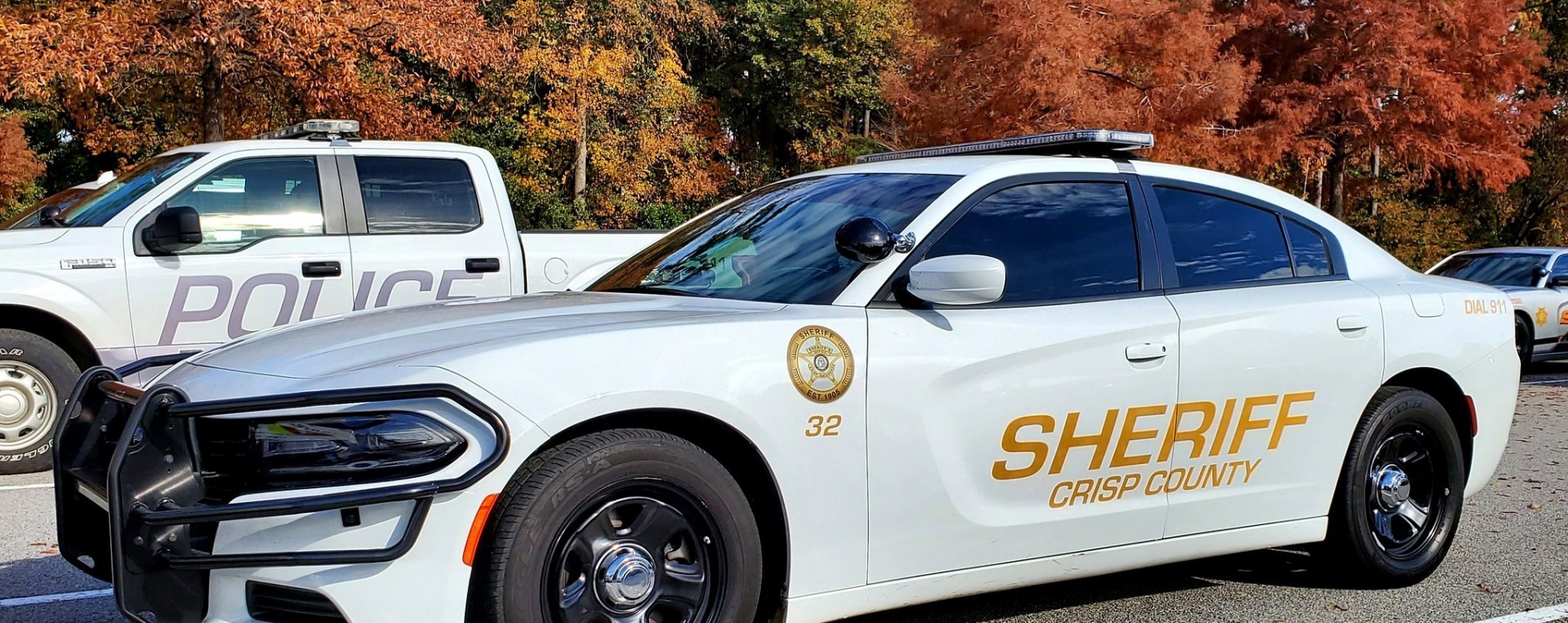Crisp County Emergency Management is pleased to announce Crisp County is re-recognized as a StormReady community. Crisp County was first officially declared a StormReady community in 2008. The StormReady program is a partnership with emergency management that helps reduce risk and increases community resilience to hazards.
StormReady
Crisp County was first officially declared a StormReady community in 2008.
What is StormReady?
The StormReady program is a partnership with emergency management that helps reduce risk and increases community resilience to hazards.
How does a community become StormReady?
There guidelines and components communities must need prior to being declared StormReady.
Component 1: Command and Management
Guideline 1.1 Communication/Dispatch Center and Emergency Operation Center
- Operate Communication/Dispatch Center that serves as the 24-hour Warning Point
- Operate Emergency Operations Center (EOC)
Component 2: Communication and Information Management
Guideline 2.1: NWS Warning and Information Reception
- Maintain the required number of ways for the WP and EOC to receive NWS warnings and information
Guideline 2.2: Warning Dissemination
- Maintain the required number of ways for the WP and EOC to disseminate warnings
- Operate Public Alert™ certified NOAA Weather Radio receivers in key public facilities
Guideline 2.3: Hazardous Weather and Flood Monitoring
- Maintain the required number of ways to monitor for hazardous weather and flood conditions
Guideline 2.4: Communication
- Ensure routine communication between NWS and the emergency management agency/organization
- Able to communicate within and across jurisdictions through resilient and redundant methods
Component 3: Preparedness
Guideline 3.1: Planning
- Address hazardous weather and flooding in formal Emergency Operations Plan (EOP)
Guideline 3.2: Training and Exercises
- Conduct an exercise relating to natural hazards every three years
- Train spotters and dispatchers biennially
- Host/co-host biennial NWS spotter training
Guideline 3.3: Community Preparedness
- Conduct the required number of annual weather safety activities
For more information:
https://www.weather.gov/StormReady
